Why I Skipped God of War for Pillars of Eternity
Now that Pillars of Eternity II: Deadfire has hit digital shelves worldwide, it's high time to check out the original, if you haven't yet.
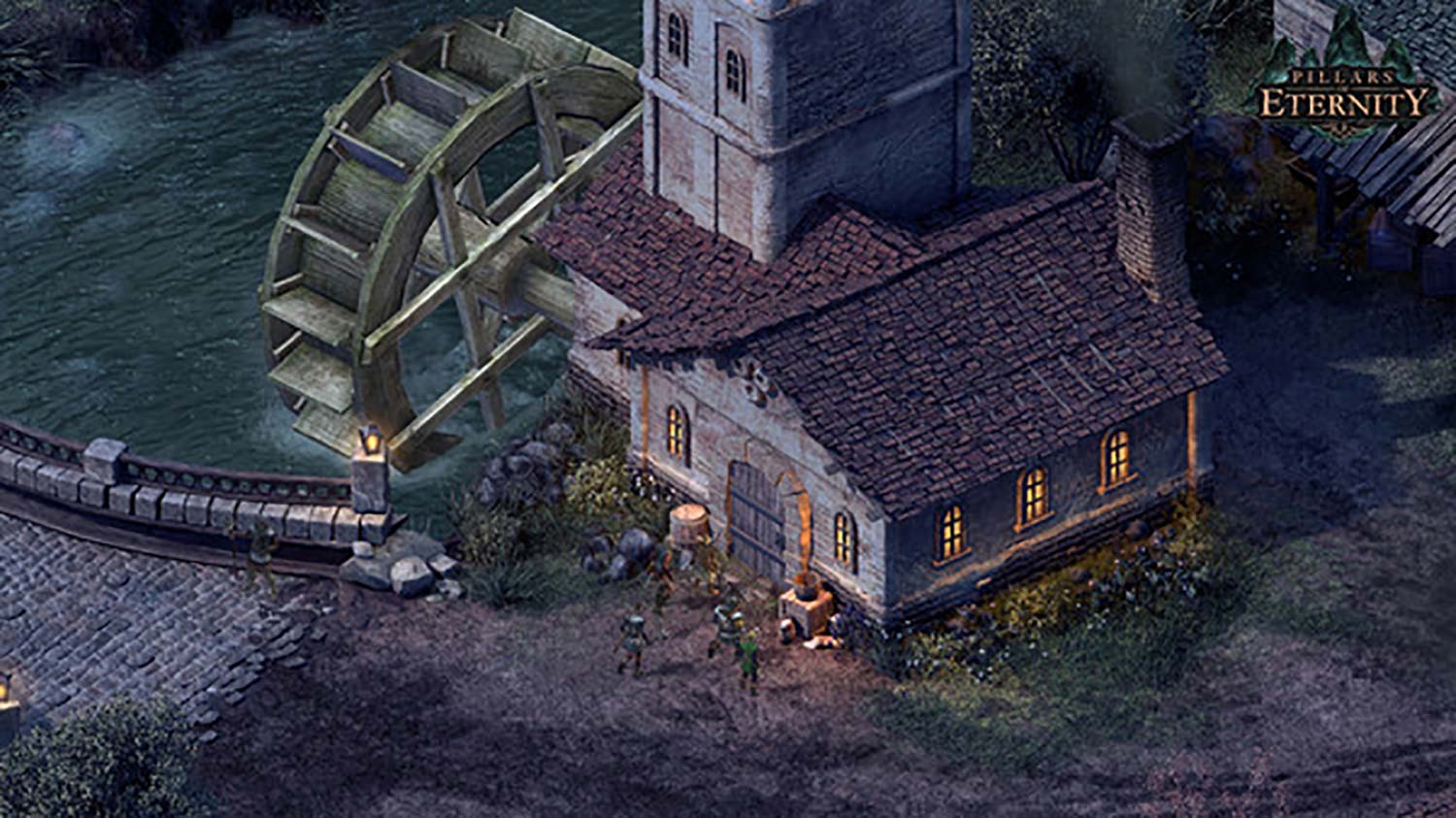
God of War (2018), the sequel/soft-reboot in Sony's long-running franchise, has been out for about a month. By now, everyone knows that it's a masterpiece. God of War is a mature exploration of the lasting effects of a violent lifestyle; it's a heartbreaking tale of family tragedy; it's a tight action game with enough meaningful content to last for dozens of hours. God of War isn't just a front-runner for game of the year; it may be the best entry in the whole series.
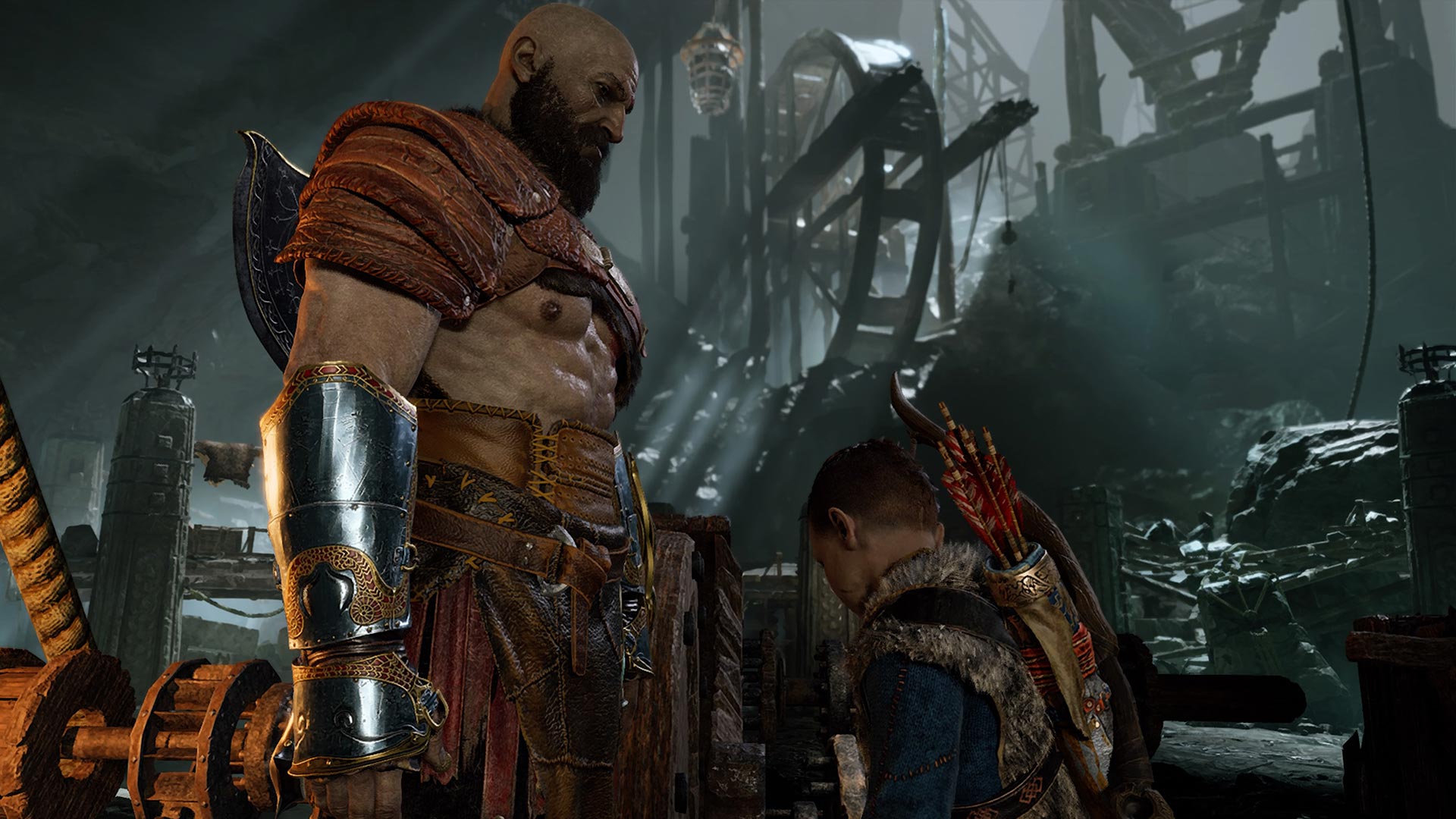
I haven't played it yet, because I couldn't put down a three-year-old crowdfunded RPG from a midbudget studio.
Yes, if you played Obsidian Entertainment's Pillars of Eternity back when it came out in 2015, you don't need me to tell you that it's an exceptional game, particularly if you enjoyed Baldur's Gate and similar Infinity Engine games back in the day. But now that Pillars of Eternity II: Deadfire has hit digital shelves worldwide, it's high time to check out the original if you haven't already had the chance.
Retro futurism
Before you get out your digital pitchforks, I should point out that I don't have a bad word to say about the God of War series. I've thoroughly enjoyed every entry, from the bravura first installment to the surprisingly solid PSP spin-offs. In fact, I was fully expecting to dive into God of War (2018) the day it launched and devote my next few weeks to it. Then, something unexpected happened.
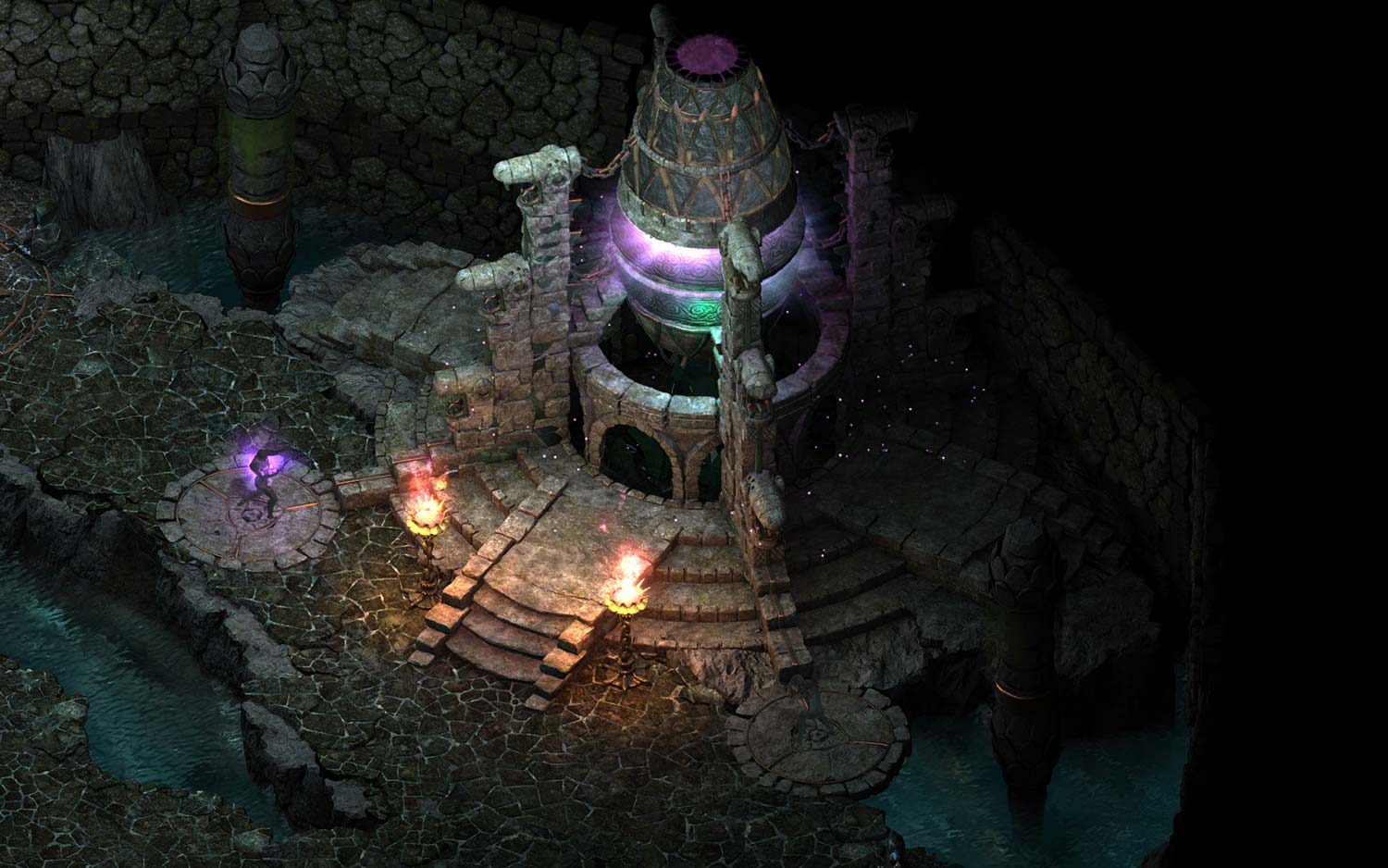
Back at GDC 2018, I wrote a preview article for Pillars of Eternity II. During my meeting with Obsidian, I spent about 10 percent of my time taking notes and about 90 percent of my time goggling at the screen, incredulous that I had missed out on a game that was so clearly designed specifically with me in mind.
Pillars of Eternity and its sequel are isometric, PC-style role-playing games, reminiscent of BioWare and Black Isle fare from the late '90s and early '00s. If you've played Baldur's Gate, Icewind Dale or Planescape: Torment, you know exactly what to expect in Pillars of Eternity. (Even if you played only Neverwinter Nights or the original Dragon Age, you'll have a good idea; they're not that far off.)
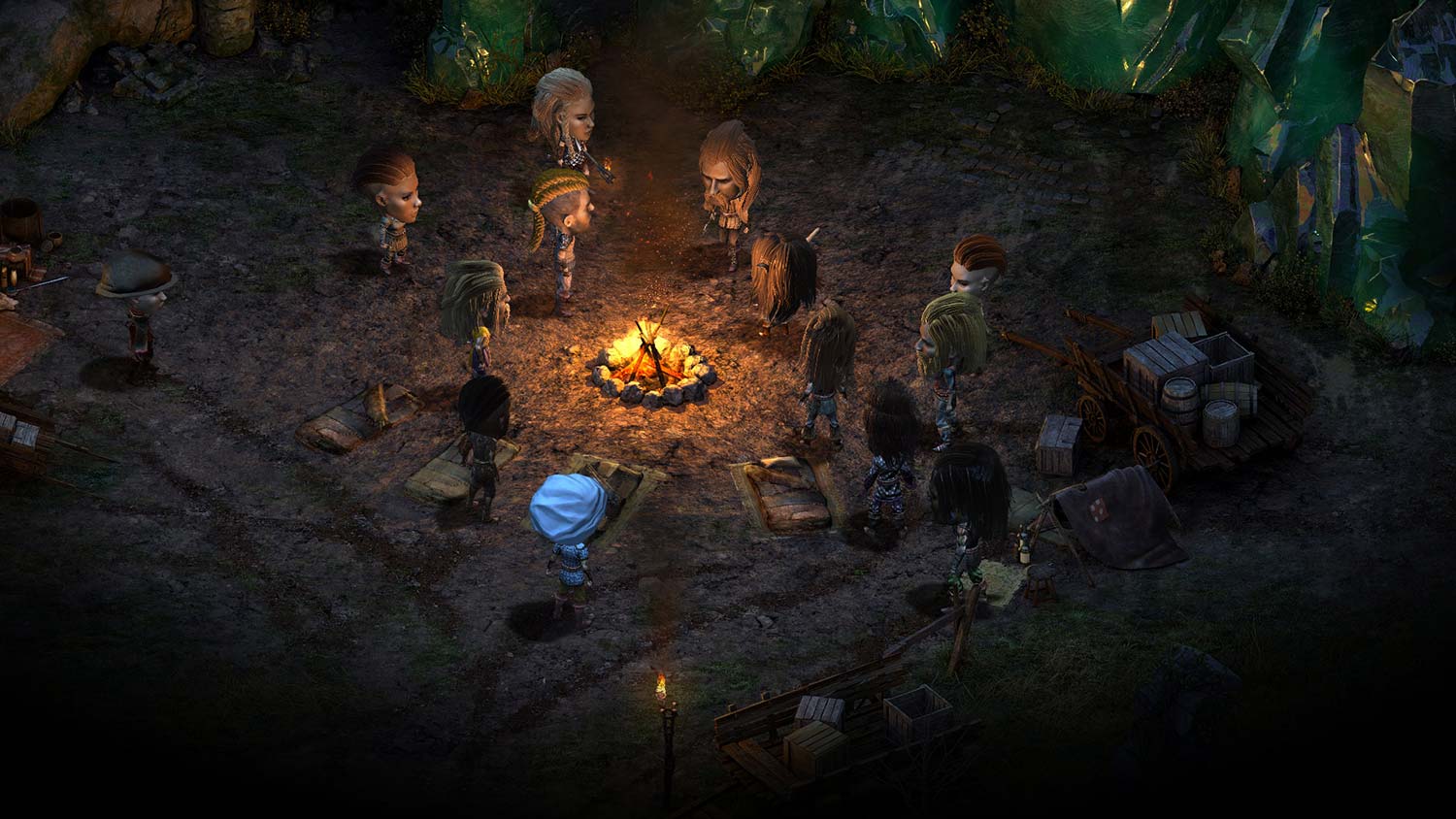
In Pillars of Eternity, you create a character, recruit a party, then explore a huge fantasy world where your choices have tangible impacts on the twisting story. This game also has a feature inherent to the genre: a real-time-with-pause combat system, in which you can pause the game, issue commands and then watch your party follow your orders at full speed.
Sign up to get the BEST of Tom's Guide direct to your inbox.
Get instant access to breaking news, the hottest reviews, great deals and helpful tips.
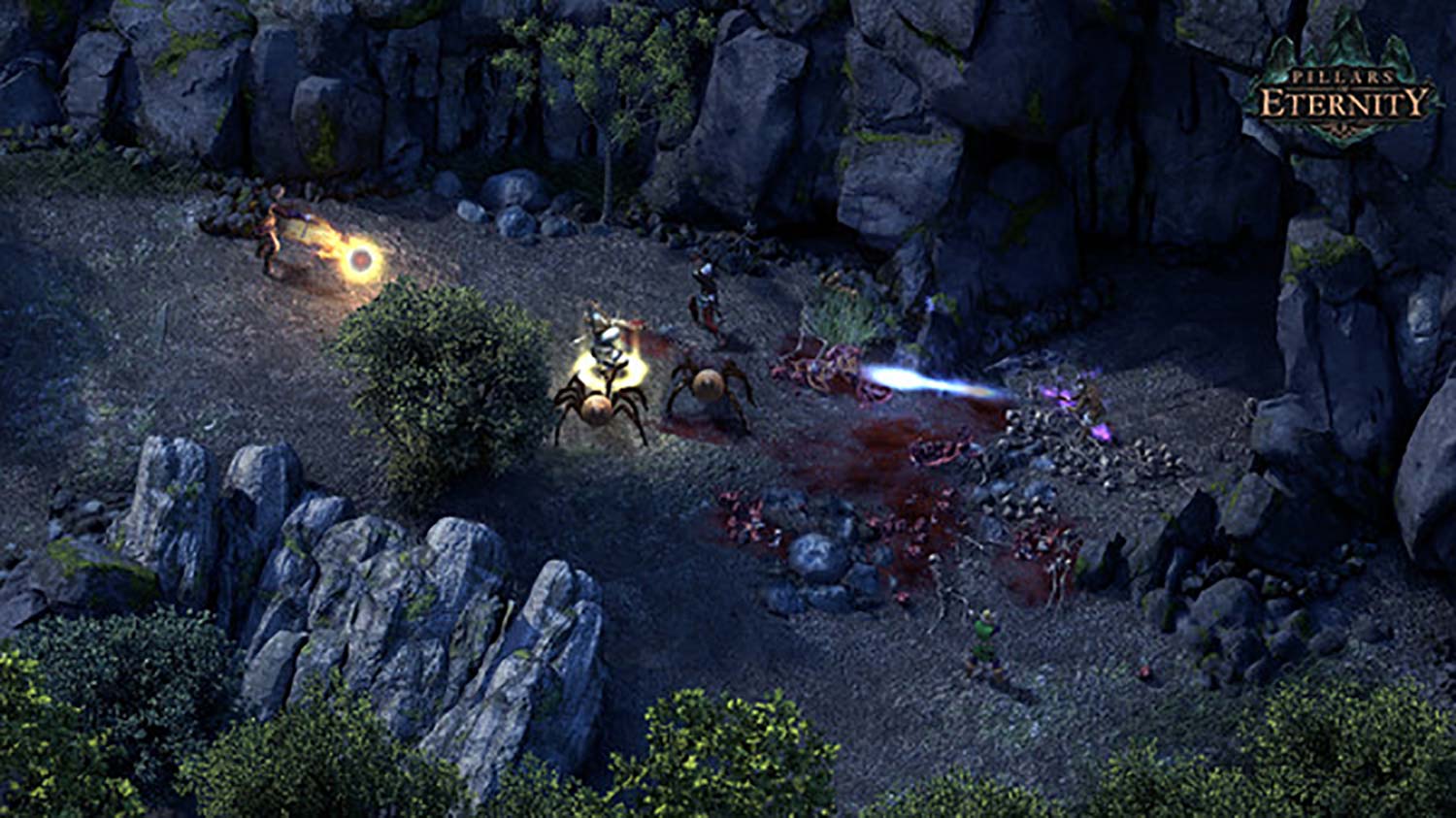
While the Pillars of Eternity games sport flashy particle effects, fully voiced dialogue and intricate character designs, they would have felt right at home in the PC RPG boom of 15 years ago — and I mean that as a compliment. When Obsidian reps offered me a review code for the first game, so I could catch up before the second one debuted, I took them up on it immediately.
And that's why, when the biggest game of 2018 arrived, I was still traipsing through the Dyrwood, helping a vengeful priest understand his goddess, brokering peace between a village and its neighboring ogre tribe, and chasing an immortal madman who saw fit to steal souls from unborn babies. The lure of Kratos learning how to be a father was strong; the prospect of building the perfect six-person party, fine-tuning their abilities and making impossible moral choices to further an unpredictable plot was even stronger.
Making your own story
I suppose I could have picked up God of War once I finished the 50-hour adventure in Pillars of Eternity and its two expansions (The White March, Parts I and II). But truth be told, I wasn't yet tired of my adventures in the world of Eora, and I dived right into Pillars of Eternity II instead. I was able to import my save file from the first game and pick up the story right where I left off, exploring a whole new continent, with an agreeable mix of new and returning party members.
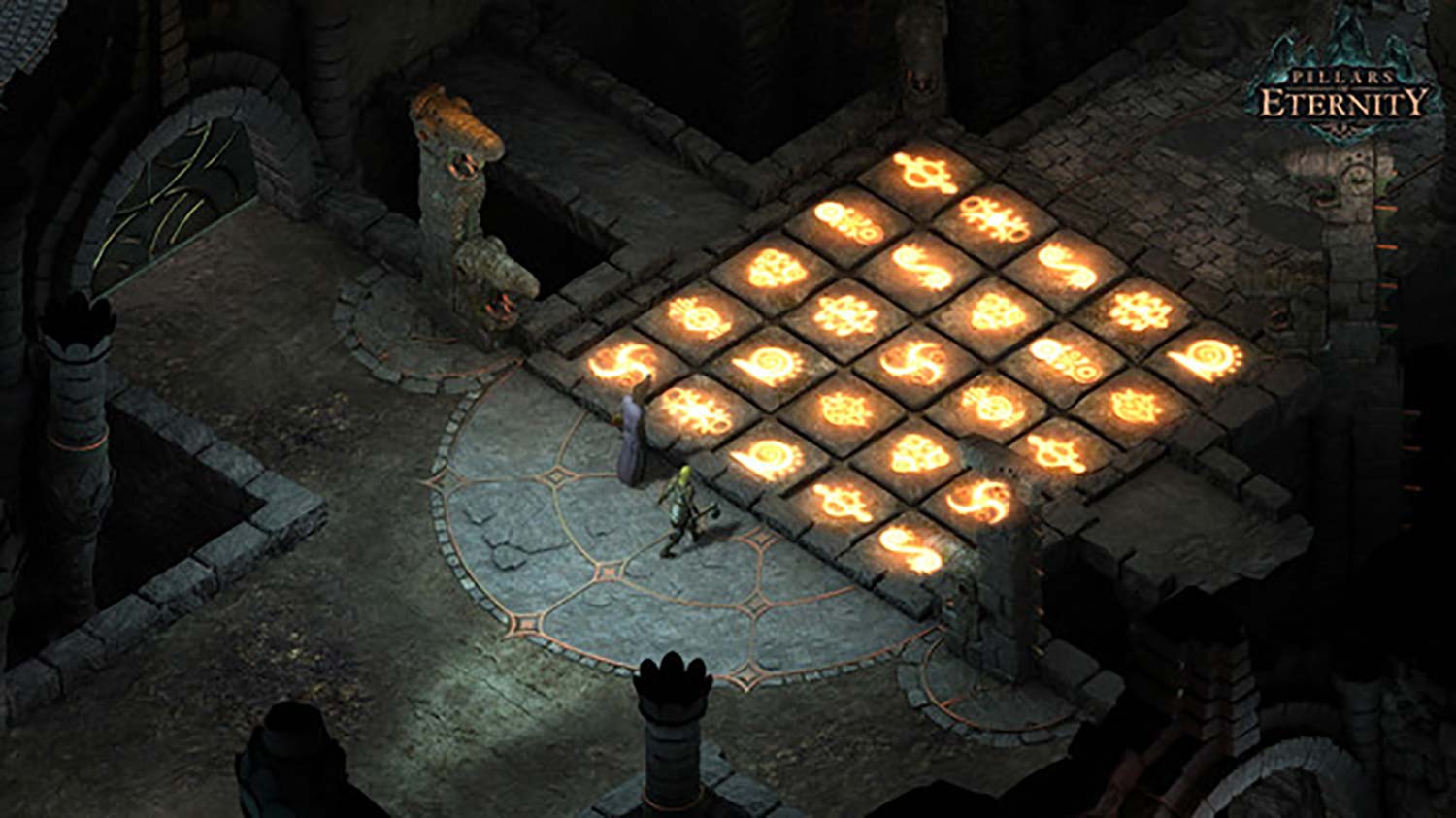
Granted, not every gamer is going to want to experience two 50-hour RPGs back to back, and that's totally understandable. An action game — even a long, involved one like God of War — could be a welcome palate-cleanser. However, I think Pillars of Eternity reminds players not only why we like this resurgent genre, but also why we often can't put it down.
As I said before, I think God of War is an exceptional franchise. There hasn't been a single bad game in the series in 13 years, and not even legendary IPs like Super Mario or Call of Duty can make that kind of claim. But every God of War game is a linear, directed adventure with a predefined beginning, middle and end.
MORE: Nintendo Switch vs. PS4 vs. Xbox One: Which Console Should You Get?
I can choose how Kratos will dispatch his foes, but I can't make peace with them. No matter what I do, the Spartan demigod is destined to defeat Ares, lose his godly abilities and bring about the near-destruction of Greece. When I pick up God of War (2018), what I did in the previous titles won't matter. I'll know the story better, but every event leading up to it will be set in stone.

That's simply not the case with Pillars of Eternity and similar PC-style RPGs. My protagonist can be a man or a woman, a human or an elf, an ax-wielding barbarian or a wizard bedecked with magic rings. Perhaps I set out on an adventure for glory and riches; perhaps my strong sense of justice demands that the villain pay for his crimes; perhaps I simply want to explore the world around me and see where the chips fall. I can forge powerful friendships with my party members or eschew their help entirely.
Every choice I mentioned (and these represent a small fraction of choices in Pillars of Eternity and its sequel) has a powerful effect on how the game's story plays out. Not only that, but every major choice (and even some minor choices) that you make in the first game will reverberate when you start the second. If you pledge your loyalty to (or betray) a god, that divine character will remember and act accordingly. If you let a party member die, don't expect him or her to come back and help you.
MORE: PS4 Games: Our Staff Favorites
What makes Pillars of Eternity and its brethren so engrossing is that your experience is unique from both a gameplay and story perspective. Yes, you'll always fight the same final boss in the end, but your entire journey up to that point — as well as a few plot-critical decisions afterward — will be entirely in your hands. This isn't Kratos' journey; it's yours.
A welcoming adventure
Finally, it's worth pointing out that Pillars of Eternity can be considerably easier than the BioWare and Black Isle games of yore. If you couldn't keep up with the arcane rules, vague journal entries and staggering difficulty curve of, say, Baldur's Gate, Pillars of Eternity has your back.
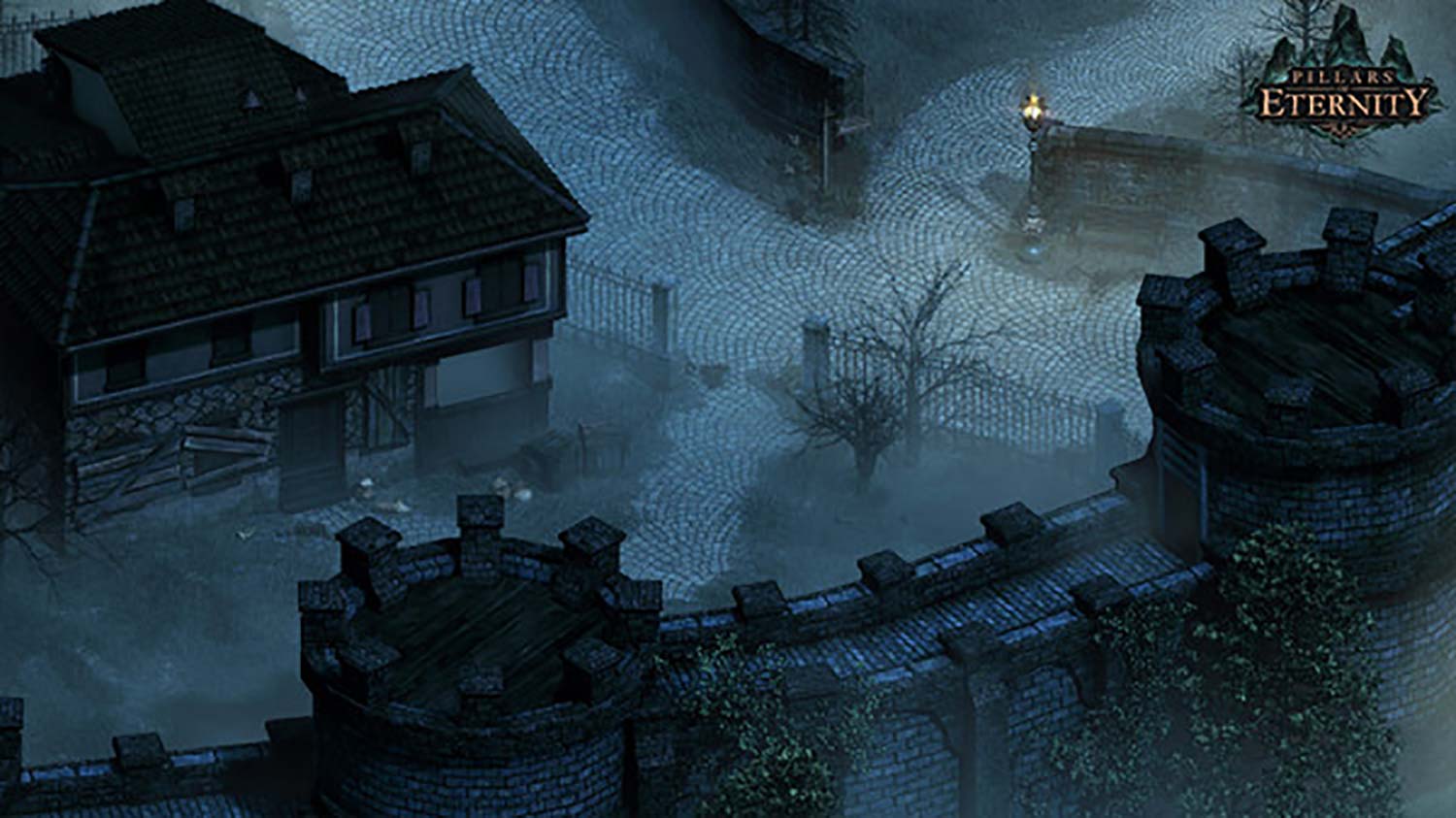
Your next destination is always clear (although there are lots of optional areas to explore in order to complete side quests). You can click on any attribute or skill, and you'll get a short (but detailed) explanation of what that feature does. Combat is as easy or as difficult as you want to make it, thanks to a variety of difficulty settings — and it's usually not necessary at all. Almost every encounter has a peaceful solution, and combat, by itself, does not grant any experience points.
It may seem strange to extol a game that came out three years ago when there are much bigger and more timely games to explore (including said game's sequel). But no gamer has time to play every single big release the second it comes out. Some games fall by the wayside; others never get played at all.
If you're an old-school PC RPG fan, though, don't let Pillars of Eternity pass you by. You don't technically need to play Pillars of Eternity in order to venture into the bigger and arguably better second game, but it's the cleanest and most intricate interpretation of the genre I've seen in almost a decade. I put one of the year's biggest and most important games on hold because I simply couldn't tear myself away from this title, and I imagine plenty of players reared on early BioWare material will feel the same.
Don't worry; God of War will still be there when you get back.
Marshall Honorof is a senior editor for Tom's Guide, overseeing the site's coverage of gaming hardware and software. He comes from a science writing background, having studied paleomammalogy, biological anthropology, and the history of science and technology. After hours, you can find him practicing taekwondo or doing deep dives on classic sci-fi.

